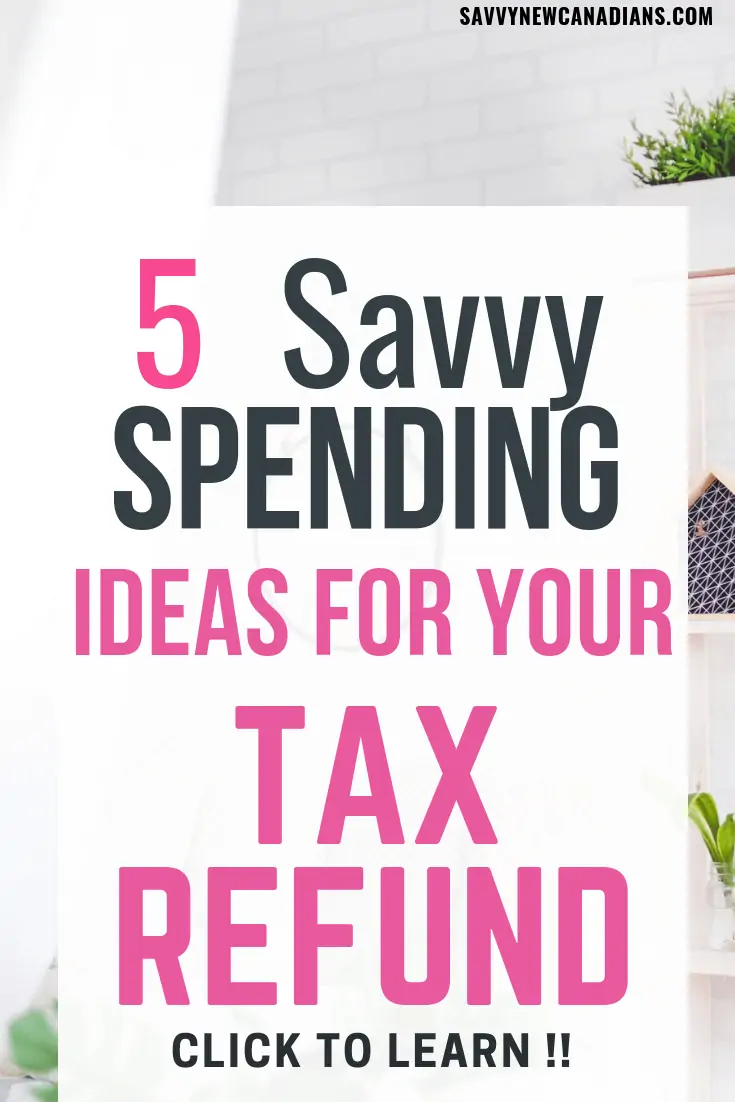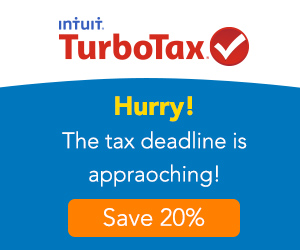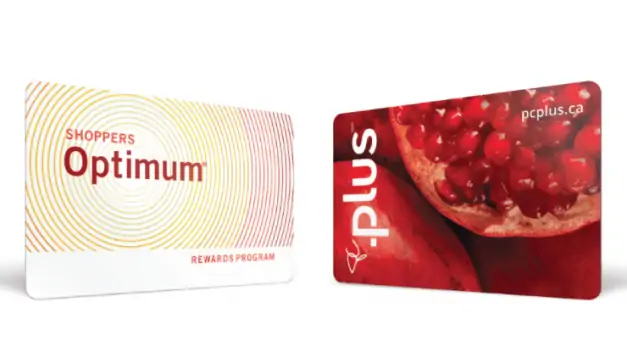Every New Year comes along with its tax season when the government expects you to file your tax return so they can verify you are paying your fair share of taxes.
Around two-thirds (66%) of tax filers in Canada get a refund on taxes they have paid, and in the U.S., over 70% of tax filers got a tax refund last year.
If you are one of the many Canadians (or Americans) expecting a tax refund in 2022, here are some savvy spending ideas to get the most out of your refund this year:
1. Pay Down Debt
Many people would consider 2022 a good year if they can pay off all their debts.
We definitely would feel that way if we could pay off our hefty mortgage debt this year! While that won’t probably happen, it would definitely be a dream come true!
If we categorize debts based on what you pay in interest, we would have low and high-interest debts.
When paying down your debts, you should focus on paying off all high-interest debts first (i.e. Credit Cards), followed by lower-interest debt, such as your mortgage, HELOC, etc.
Credit card debt can have interest rates as high as 25% and when you consider that the historical average market returns are around 7% or so, there’s a good reason to avoid having to pay interest on credit cards by all means possible.
2. Invest in Yourself – Financially
You can use your tax refund to boost your savings, investing, or retirement income goals.
Canadians can consider a contribution to their Tax-Free Savings Account (TFSA), a savings account that shields your investment returns (or earned interest) from taxation for life. Eligible Canadians have a TFSA contribution limit of $6,000 in 2022.
You can easily open a high-interest TFSA savings account with EQ Bank, and earn a 1.25 rate on your savings.
For retirement, you can contribute to a Retirement Savings Plan (RRSP) if you have contribution room. The RRSP is a tax-deferred registered account that protects your retirement savings from taxation until withdrawal.
The maximum RRSP contribution allowable in 2022 is $29,210 or 18% of your earned income in 2021 (whichever is lower).
You can also consider investing in a low-fee account including a self-directed brokerage account or by using a robo-advisor.
3. Invest in Yourself – Educationally
An investment in knowledge pays the best interest.
To succeed in your finances, you should consider getting some financial education. Great personal finance literature/education broadens your mind and provides you with ideas and concepts on how to manage your finances.
In 2022, some personal finance books to consider reading include:
- The Little Book of Common Sense Investing by John Bogle
- The Richest Man in Babylon by George S. Clason
- The Intelligent Investor: The Definitive Book on Value Investing by Benjamin Graham
- A Random Walk Down Wall Street by Burton Malkiel
- One Up on Wall Street by Peter Lynch
- The Four Pillars of Investing by William Bernstein
- The Millionaire Next Door by Thomas J. Stanley and William D. Danko
- The Automatic Millionaire by David Bach
- The Wealthy Barber by David Chilton
Related: 13 Ways To Master Your Money in 2022

4. Invest in Your Kids
Your annual tax refunds can go a long way to pay for your kid’s future college education if you start investing in a Registered Education Savings Plan (RESP) while they are still under age 18.
An RESP account allows you to save for your kid’s post-secondary education. It’s a tax-deferred account, meaning that returns earned on the account over the years are not taxed until your kid makes withdrawals in the future for eligible education expenses (tuition, accommodation, books, etc.).
Since the funds that are withdrawn will be taxed at their hands, they will pay little to no taxes since they are likely to fall in the lowest tax-bracket during this time of their lives.
The best part about investing in an RESP is that the government matches your contributions to the account by 20% or more, up to $500 per year (and $7,200 total over the life of the account).
This is essentially guaranteeing you approx. 20% in free investment returns. Add in Mr. Compound Interest, and your kid may get an opportunity to graduate college debt-free.
For an interesting take on “Mr. Compound Interest” and his super-powers, check out this article by Ms. Finsavvy Panda.
If your kid chooses not to go to college, there are several options for what you can do with the accumulated funds.
Related: How To Save For Your Kid’s College Education
5. Invest in Others
Your tax refund (or some of it) can also be used to invest in others. This could mean supporting local, national, or international charities by making charitable donations.
Even if this may not fit in with the general definition of “investing”, it involves doing a good deed and helping others is definitely worthwhile. Money is not the only investment you can make in others – you can also give your time.
If you receive a donation receipt from making a charitable donation in any year, you can include it in your tax return the following year to claim charitable tax credits and generate a tax refund.
In Canada, eligible charitable donations will get you a refund of 15% on your first $200 donation and 29% on any balance exceeding $200. If you are a first-time donor, you may qualify for an additional 25% in tax credits.
Tax Refunds – Are You Actually Losing Money?
Contrary to popular opinion, a tax refund is not FREE money, and waiting or planning towards getting a tax refund is not the best approach investment-wise.
This is because you have effectively provided the government with an interest-free loan for about 1 year – money that could have been in your hands earning returns.
If you would rather keep most of your well-earned income and put it to good use throughout the year, you can do so by updating your personal tax details with the aim of reducing your withholding taxes (taxes deducted at source e.g. by your employer).
To do this, complete Form TD1 (Personal Tax Credits Return) and Form T1213 (Request to Reduce Tax Deductions at Source). If done right, at tax time you can expect to owe the government a small sum, or may get a small refund.
There are people who feel they will not be disciplined with additional monies coming in every month when they update their tax details as above. They prefer to get a lump-sum payment at tax time and are more disciplined with deploying this refund towards specific goals or projects.
If this is you, no worries. As long as you are putting your tax refund to good use, it’s all good!
You can check out some of the best tax return software in Canada to save money.






Hey Enoch!
All great ideas. I love when I see people invest that money back in themselves.
Paying off debt is also another great one. Just send it off to pay down the debt before you think about it and get back to hustling!
@Damn Millennial: Good point! When paying off debt, one always needs to be decisive about it…just pay it off/down. When you overthink it or wait awhile, you simply end up where you started – in debt.
@Steve: True. The government/bank won’t lend you money for free, so why should you? ?
Thanks for stopping by!
Hey Enoch,
Awesome ideas! I’m a big advocate of minimizing tax refunds by minimizing withholding. To make sure I have money to pay my yearly tax bill, I have a monthly auto-transfer to an investment account that mostly holds bonds, and which I use for the tax bill.
I used to live in Puerto Rico and still pay taxes there. Because of the serious money shortage in the government, they are actually delaying tax refunds, sometimes for many months. So, I’d much rather owe the government than have it owe me.
Cheers,
Miguel
Hey Miguel. I like your approach to reducing tax withholding by putting the funds in a mainly bond fund and earning returns while limiting your investment risk! Smart! Thank you for sharing.
Hey Enoch!
These are great tips on how to use your tax refund.
I believe that any money that goes towards value-added things are well worth it. Like what you mentioned, paying down debt and investing. I like how you broke down investing into different categories. They’re all great ways to use your tax refund.
I remember when I claimed for tuition many years ago, I got a pretty big refund and put it towards my TFSA. Nowadays, I get back a very small amount, so it’s pretty good. My fiance, on the other hand, had many times where he had to owe the government a bit of money.
@fin$avvy panda: I also remember getting a fairly large refund after completing my graduate studies/professional exams and I claimed the fees in my tax return. I felt as if I had hit a jackpot! Your fiance is doing it right by owing the government a bit of money – he’s for sure not giving the govt any free loans 😉
@Caroline: Ditto for reducing your tax refund and automating savings and investing! Thanks for stopping by.
That’s a very good point about a tax refund not being free money. I know two people who purposely have their withholding taxes increased. They love getting a bigger refund at tax time. But this couple is generally very good with money and I don’t know that they need the built-in ‘discipline’ of this technique. I wonder if they have thought about the idea that they are giving the government an interest-free loan…
@The Curious Frugal: Interesting scenario. They may just not have considered the time value of money and the potential returns they could be getting on their funds if they had access to it earlier…
I really liked your article it is inspiring